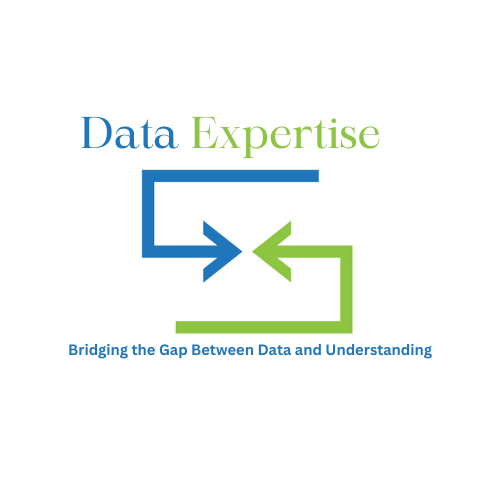Table of Contents
Introduction
In the digital age, where data is a vital asset, efficiently managing and organizing this data is crucial for any organization. This blog explores the significance of data catalogs and metadata management in streamlining data assets. We’ll delve into how these tools transform data handling and accessibility, enhancing business intelligence and decision-making processes.
- Importance of Data Management: Essential for leveraging data as a strategic asset.
- Role of Data Catalogs and Metadata: Facilitates organization, accessibility, and understanding of data.
Understanding Data Catalogs

Data catalogs are vital tools in modern data management, serving as centralized repositories for cataloging and indexing data assets. They enhance data discoverability and usability, making it easier for users to find and understand the data they need. Data catalogs play a key role in improving data governance and compliance, ensuring that data is not only accessible but also managed responsibly.
- Definition and Purpose: Centralized repositories for data assets.
- Benefits: Improves data governance, discoverability, and usability.
The Role of Metadata in Data Management
Metadata, or ‘data about data’, provides context, meaning, and structure to data. It is essential for better organization and retrieval of data. Descriptive, structural, and administrative metadata types each play a unique role in enhancing data searchability and governance, making metadata management a critical aspect of effective data organization.
- Types of Metadata: Descriptive, structural, and administrative.
- Importance: Enhances data searchability and governance.
Integrating Data Catalogs with Metadata Management
The integration of data catalogs with metadata management systems is a significant advancement in data organization. This integration facilitates dynamic and efficient data management, enhancing data governance and compliance. It allows organizations to have a more comprehensive view of their data assets, leading to better decision-making and strategic planning.
- Advantages of Integration: Facilitates dynamic data management.
- Impact on Governance: Enhances data compliance and governance.
Tools and Technologies for Data Cataloging and Metadata Management

Various tools and technologies facilitate data cataloging and metadata management. Popular tools like Collibra and Alation offer features that cater to different organizational needs, from data governance to compliance. These tools help organizations manage their data assets more effectively, ensuring that data is not only organized but also aligned with business objectives.
- Popular Tools: Collibra, Alation, and others.
- Features and Suitability: Comparison of features for different organizational needs.
Challenges in Data Cataloging and Metadata Management
Implementing and maintaining data catalogs and metadata management systems come with challenges. Issues such as data quality, scalability, and integration with existing systems can pose significant hurdles. However, with the right strategies and tools, these challenges can be effectively addressed, ensuring a robust and scalable data management framework.
- Common Challenges: Data quality, scalability, integration issues.
- Overcoming Challenges: Strategies for Effective Data Management.
Real-World Examples and Case Studies
Real-world examples from industries like healthcare, finance, and retail demonstrate the successful implementation of data catalogs and metadata management systems. These case studies highlight how organizations have leveraged these systems to organize, manage, and utilize their data assets effectively, driving innovation and efficiency.
- Industry Case Studies: Healthcare, finance, retail.
- Impact and Success Stories: Demonstrations of effective data management.
The Future of Data Catalogs and Metadata Management

The future of data catalogs and metadata management looks promising, with emerging trends like AI and machine learning set to revolutionize data organization. These technologies are expected to automate and enhance data management processes, leading to more intelligent and efficient data systems.
- Emerging Trends: AI and machine learning in data management.
- Future Predictions: Evolution of data organization technologies.
Conclusion
Data catalogs and metadata management are indispensable tools in organizing data assets effectively. This blog has provided a comprehensive overview of their importance, functionalities, and the challenges involved. As data continues to be a pivotal asset, the expertise and innovations in data management will play a key role in shaping the future of businesses and industries.



Leave feedback about this